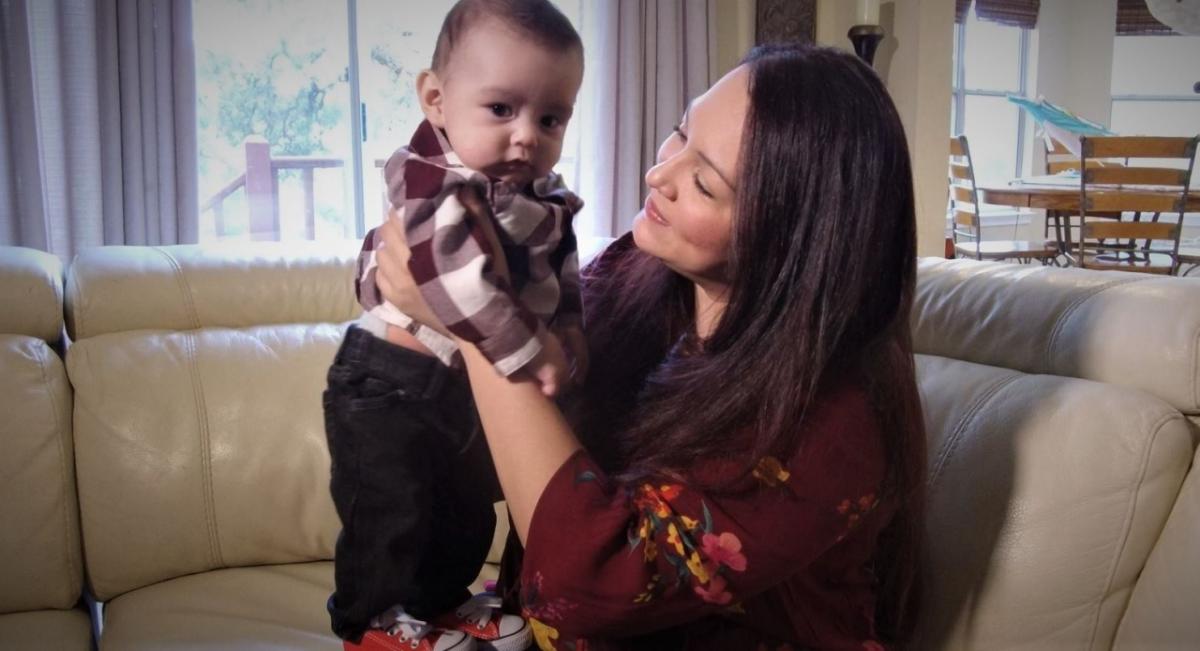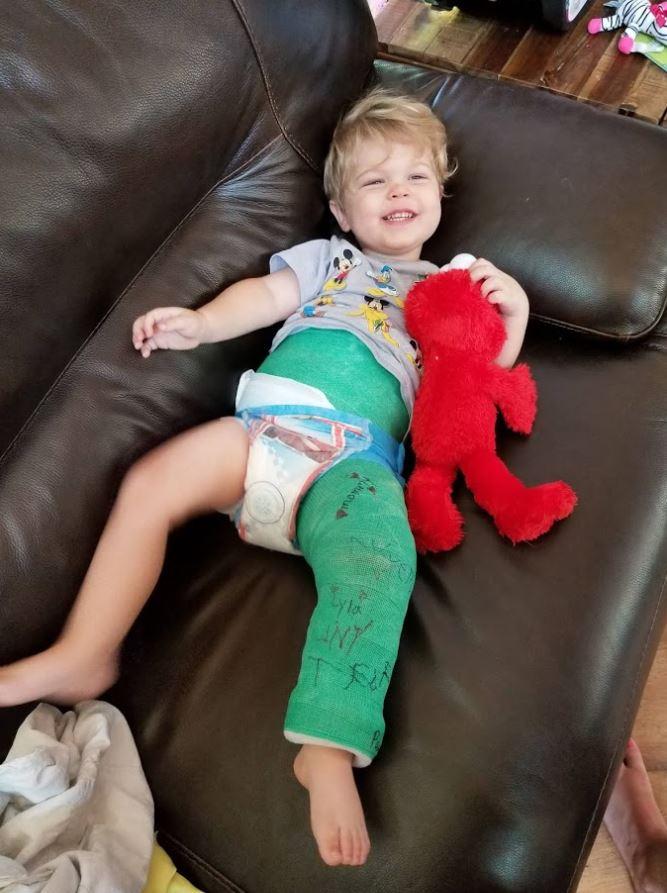Medtronic Introduces New Family Leave Policy
Employees are taking advantage of six additional weeks of paid time off to deal with family care needs.
Medtronic Introduces New Family Leave Policy
The phone call surprised Monica Casillas.
“She asked if I was interested in taking extra time off,” said Monica. “I was like ‘what do you mean, extra time off? Of course, I’m interested.’”
The caller, from Medtronic, gave Monica details about a new company policy which had just taken effect. It allowed her to take an additional six weeks of paid time off from work to care for her newborn son, Gabriel.
“When I went into labor I was expecting to be back to work in six weeks,” said Monica, a Medtronic customer service representative in San Antonio, Texas. “Now Medtronic was offering six more weeks, to give me extra time to bond with my baby. I felt like I was really cared about,” she said.
The Medtronic Family Care Leave (FCL) Policy took effect May 1, 2018, for all full-time and part-time employees in the United States. It provides up to six additional weeks of paid time off for employees to care for sick family members or to support family impacted when a spouse, child or parent is called to active military duty. The benefit also covers mothers and fathers bonding with a new child (birth, adoptive or surrogate, and including non-birth parents). Combined with already existing parental benefits, mothers of newborns can now receive up to 14 weeks of paid time off and new fathers can receive up to 8 weeks.
"We believe we have created a benefit that goes well beyond current practice in the U.S. and affords Medtronic employees the valuable time they need with their families at critical times in their lives," said Carol Surface, chief human resources officer at Medtronic.
“It shows that Medtronic cares and wants to keep their employees,” said Justin Black, a Medtronic employee in Phoenix, Arizona. He took time off after his two-year-old son Gabe stepped on a toy, slipped and broke his left leg. Gabe needed to spend five weeks in a type of body cast, formally called a hip spica cast, from his chest down to his ankle—all to keep his leg immobile so it could heal properly.



